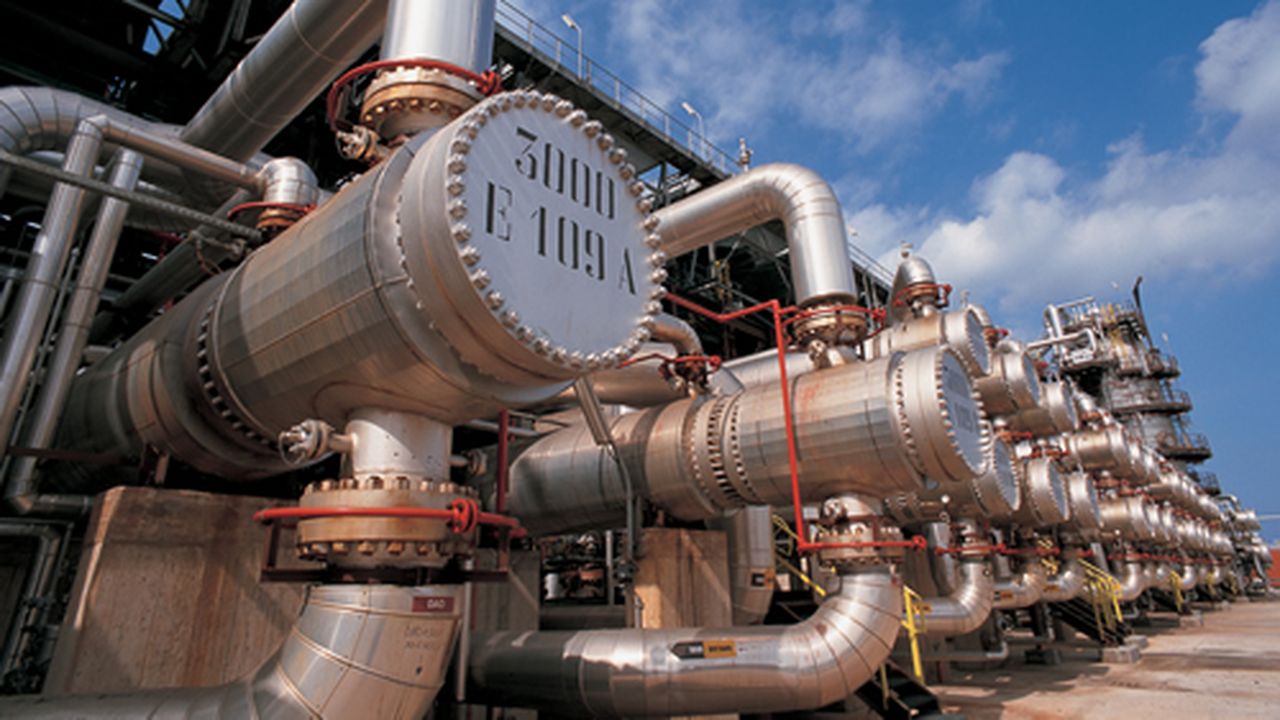Last week, the delegates of the Škoda KOVO MB trade union re-elected Povšík as their president, until 2026. “I openly told the delegates what awaits us: working hours, social expenses, wages, but above all a hard fight for jobs, workloads, plant maintenance, individual workplaces,” Povšík said.
While Škoda sold 1.5 million cars globally in 2018 and 2019 and continued to set ambitious targets, since the outbreak of the covid-19 pandemic it has faced a sharp decline in sales, exacerbated by the war in Ukraine. This year, from January to October, Škoda sold more than 600,000 cars, which is 19% less than the previous year.
Povšík recalls that Škoda has lost more than twenty million man hours in the last period, which is why it has not produced hundreds of thousands of cars. He expressly mentions “the risk of 12,400 job losses”, according to him agency employees are also at risk.
In mid-December, the supervisory board of the parent company Volkswagen will meet, which could decide on employment issues, the workload of the plants or the location of another gigafactory, or a factory for the production of battery cells for electric cars , which Škoda is also fighting for.
The chairman of the board of directors, Klaus Zellmer, already indicated in a November interview for the E15 newspaper that the coming year could be difficult for the Mladá Boleslav automaker. “Customer interest in Škoda vehicles is high, but inflation, the energy crisis and all the challenges that keep emerging will have a significant impact on consumers and businesses. The first half of next year will still be passable for us We have a large order backlog. But the second half of the year will be much more challenging economically. For everyone,” Zellmer said.
Just like other industrial enterprises, Škoda is also suffering from a massive increase in energy costs and, since the outbreak of the pandemic, supply chains have not yet adjusted and stabilized. For example, Škoda still lacks semiconductors. In the first nine months of this year, Škoda’s operating profit fell to 856 million euros (21 billion crowns) from 900 million last year.


:strip_exif()/i/2005472942.jpeg?f=meta)